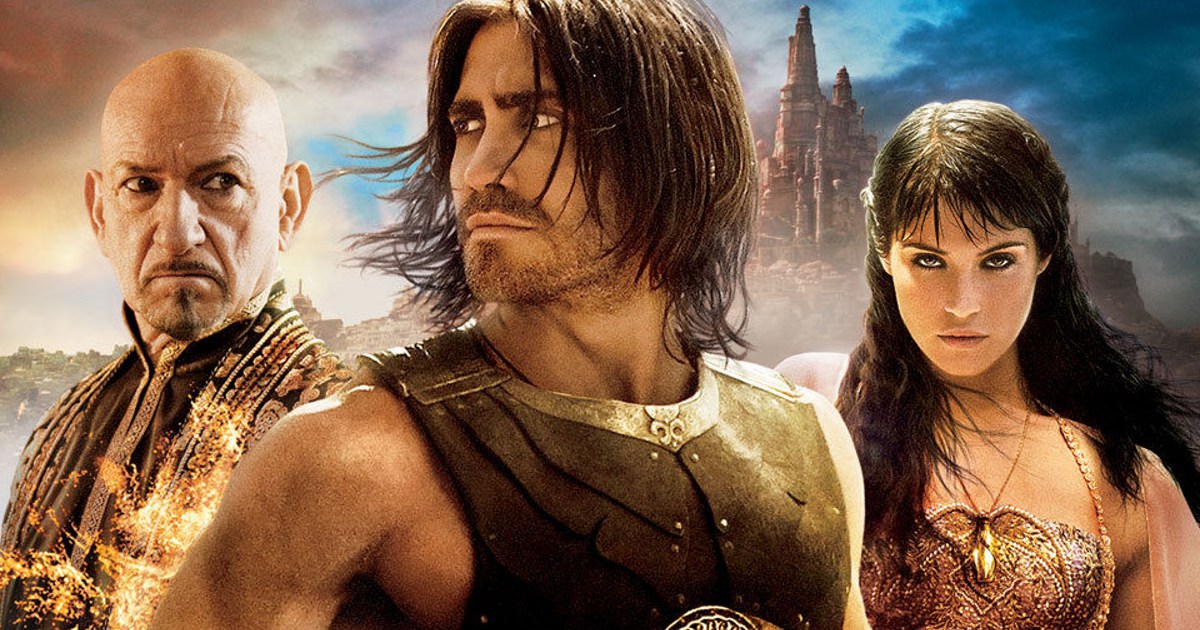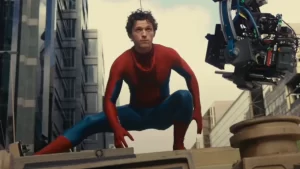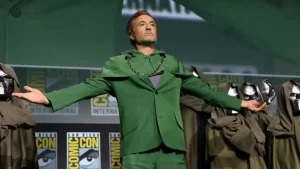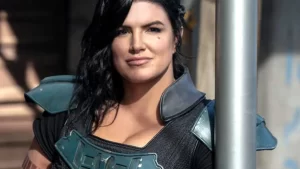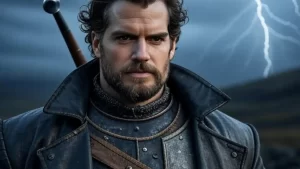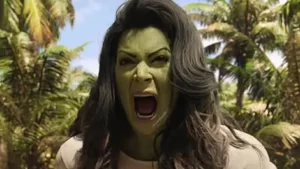It never ceases to amaze me how every popular license that is optioned by Hollywood is done so with the implication that it will be built up into a franchise.
As with any franchise, one must begin with the face of the franchise. Enter: Jake Gyllenhaal. He is what can be considered a safe choice because he is an above average actor who has shown great versatility of roles (Brokeback Mountain, Jarhead, Donnie Darko) and has stayed in relatively positive light for the duration of his Hollywood career. But then, of course, I remind myself that this franchise is named “The Prince of Persia,” and I am instantly taken back to Season 2 of Chapelle Show and the Paul Mooney sketch concerning a film review of The Last Samurai (2003). Let’s just say that Mr. Mooney makes a very interesting (and possibly ground-breaking) idea for a film starring Tom Hanks.
I am fairly offended that a prince of Persia, even a fictional one, is being played by a white man. Once rumors of this film began popping up, I thought this would be Oded Fehr’s (The Mummy, Resident Evil: Apocalypse and Extinction) coming out party. Besides the facts that he’s a proven action stud, is good looking, well spoken and is, AHEM, actually Persian, he would have been the obvious choice. Hollywood racism aside, this video game adaptation has taken a significant (albeit small) step in the right direction concerning a successful transition to the big screen.
As with any film’s success, it all starts with the strength of the script. The story itself is not nearly as unique as the one presented in the video games, nor is it particularly quotable, but it does remain true to the spirit of the original tale thanks to Jerry Bruckheimer’s inclusion of the game’s creator, Jordan Mechner. Involving IP originators is an element of paramount importance for studios not willing to put all their faith in Paul W. S. Anderson to deliver game adaptation “gold,” or rather, crap. PoP is cut out of the classic saving the princess/saving the world/saving yourself mold and is not ashamed to show it. This is great if the idea is to keep expectations low by giving audiences everything they’ve seen and heard before.
As a result, everything from this plot has been pieced together from the rags to riches tale of Aladdin (1992), to the betrayal and redemption of Gladiator (2000) as well as the epic, yet natural scale of The Scorpion King (2002). I do not understand why such an adaptation would require three writers: Boaz Yakin, Doug Miro and Carlo Bernard, in addition to Mr. Mechner unless the goal was to take great pains to water the story down. It’s this kind of writing that I find most demeaning to an audience because production staffs assume that an audience will not suspend disbelief unless it is familiar. No risks were taken with this script.
The film’s visual presentation is by far its greatest strength. The key elements of PoP stand out: action, parkour (free-running) and sword fights. Featuring the use of “natural camera” by way of wire work, steady cam tricks and stunt doubles adds to the credibility of the story. Digital effects are used in a very subtle manner as they are mostly restricted to scenes displaying the use of dagger time (traveling 1 minute into the past). If an audience sees too much CG, the film begins to register as Star Wars. The landscape, although very monotone, is beautiful. But then, can one honestly say that even the worst film shot in a desert environment “looks bad” by any stretch of the imagination?
The camera angles are sharp and the frame gets in very close to capture all the swordplay. Most of the time, this technique is used to mask the martial flaws of an obvious novice, but the action sequences do take moments to pause and reestablish the actors’ faces in the audience’s minds to maintain the illusion. I am not certain how much parkour training Mr. Gyllenhaal actually engaged in because this is a physical activity that most amateurs on You Tube meet with painful sprains, broken bones and blows to the groin. As such, Jake is well obscured when performing these stunts as Prince Dastan on the screen. Although PoP’s parkour is not as impressive as District 13’s (2004), it certainly does not look awkward.
If one can overlook his inappropriate skin tone, Jake Gyllenhaal delivers a very solid performance as a leading man in the Prince of Persia. Although the role does not require him to reproduce the entire emotional spectrum he does a good job balancing between cocky arrogance and sincerity throughout. Jake’s boyish charm is what gives this character a warm heart which is a contrast to the shrewd and determined prince from the video games. Gemma Arterton is extremely beautiful as Princess Tamina, but her most difficult task was continuing to look good despite being an incessant nag to the prince.
The uncharacteristically mundane performances of Ben Kingsley (Nizam) and Alfred Molina (Sheik Amar) were truly surprising. These are the men that are supposed to represent the acting credibility for this project, but what came out on the screen was disappointing. Kingsley’s depiction of the villainous Nizam was bland. He had almost no change in vocal intonation with the exception of the obligatory “seize him!” shot. On top of that, it seemed as though Ben was engaging in a poker face contest with the entire cast and he was determined to win every scene. Molina’s sheik was written as the comic relief, but his character never elevated his status beyond that of goofball. I would expect that kind of performance out of Steve Buscemi (no offense). Perhaps this film was just a paycheck for these men. Perhaps they had bad days. Perhaps there wasn’t enough screen time to warrant genuine interest. No matter the explanation, they deserve to be called out for it as does director Mike Newell whose biggest film prior to this was Harry Potter and the Goblet of Fire (2005). Kingsley and Molina are the type of actors who would not tolerate being handled in any way short of strictly professional, so my guess is Newell was intimidated and allowed them free reign over their characters.
My biggest complaint, however, is a question for the entire cast and production staff: Why must stories centered on non-English ethnicities have their actors use English accents when speaking their lines in English? Yes, you read that correctly. I again remind the reader that this film was called the Prince of PERSIA. This film is by no means the originator of this technique, but when one gives a moment to think about it, doing this is truly absurd. One may think the only alternative is for every actor to speak the actual language of the setting, but something more subtle along the lines of what The Hunt for Red October (1990) did to contrast the Soviets from the Americans makes more sense. There is a moment where Sean Connery and his Soviet crew are speaking in Russian, there is a camera push to a close up, that character in addition to every other Soviet then begins speaking in English for the rest of the film. The audience acknowledges a non-American/English world and then proceeds to understand the rest of the tale in a language they understand. Honestly, what would have been so wrong with Jake Gyllenhaal speaking a few lines in Arabic?
Prince of Persia: The Sands of Time is a very entertaining film. Do not expect anything deeper than hacking and slashing because this film is purely popcorn. And perhaps that is the reason why it will do well at the box office: low expectations. Although this particular license has a fan base, it is not nearly as large, nor as zealous as say the Marvel or DC universe. Therefore I would highly doubt that this film more than doubles its budget especially when The Karate Kid (remake) and Toy Story 3 are just around the corner. This is easily one of the more successful video game adaptations because it keeps key elements of the basic plot and makes the story as simple as possible.
Idiot proofing does not a good (let alone great) film make. Why not raise those expectations?

